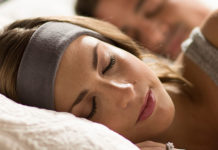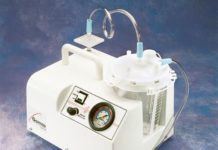If the problem can be solved, don't worry about it. If the problem cannot be solved, worrying is useless.
/ Dalai Lama XIV /
Great words, great man. But everything would be easy if it weren't so difficult. The modern world is so saturated with stressful factors that, even when we are completely safe and comfortable, we still constantly feel pressure and nervousness. And so-called depression has already become a "fashionable" disease.

The editors of the site "bestx.htgetrid.com/en/" tried to understand this issue. In this article we will look at the types of psychological behavior that require antidepressants. We will also present a selection of safe and effective medicines, and ways to help the body withstand stress and bad mood.
Content
- 1 Depression or blues
- 2 Stress
- 3 When to start taking antidepressants
- 4 Vitamins, dietary supplements
- 4.1 Neuromultivitis
- 4.2 Vitamin and mineral complex Vitrum Superstress
- 4.3 Doppelherz active Magnesium + Vitamins of group B
- 4.4 Magne B6 forte
- 4.5 Pentovit
- 4.6 Solgar, Vitamin B Complex, with Vitamin C, Stress Relief Formula
- 4.7 Now Foods, Calcium Magnesium Complex
- 4.8 Now Foods, L-Theanine, Double Strength
- 4.9 Thorne Research, Stress Suppressive B-Complex
- 5 Nootropics and Anxiolytics
- 6 Herbal sedatives
- 7 Natural Ways to Reduce Anxiety
- 8 Finally
Depression or blues
We can often hear from others "I'm depressed!" But, one must clearly understand that depression is a diagnosis, it is a disease and it must be treated.
In fact, depression is a scourge of our time, and this problem is only getting younger every year. Why do we so often feel lonely, dissatisfied, upset, frown a lot and walk a long black strip.
What is really happening to us? Is it just a bad mood or is it depression?
Let's understand the concepts. After knowing the enemy by sight, it is easier for us to evaluate the methods of dealing with him.
Blues - This is a dull and gloomy state in which a person's emotional background decreases, and he does not want to do anything to solve the problem. In simple terms, it can just be lingering bad mood and discouragement.
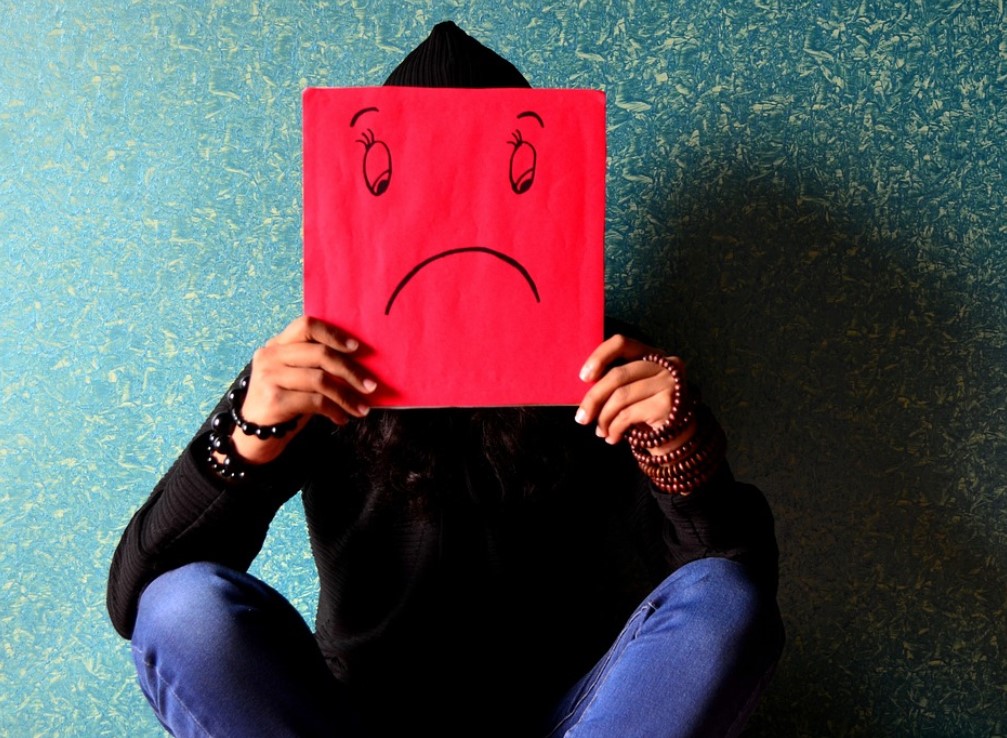
Depression - this is a mental disorder in which mood worsens, a person is not able to feel and experience joy, thinking is mostly negative and pessimistic. Also, with the development of depression, physical apathy, lethargy, panic attacks, anxiety, nervousness occur. It is with depression that suicidal thoughts often arise.
If you are sad, you do not want anything, everything is lazy, but from time to time you are able to make yourself tea with cookies and watch your favorite TV show, then this is NOT depression
If it is difficult for you to determine your condition and, moreover, to get out of it, then it makes sense to contact a psychologist. But if a psychologist diagnoses depression, then you need the help of a psychotherapist and psychiatrist.
Important! If the depressive state is not treated, it can affect the activity of the cardiovascular system.A person also begins to compensate for this condition with various behavioral deviations, for example, such as alcohol, food or drug addiction, suicide.
Postpartum depression
We decided to highlight this type of depression in a separate chapter, since this problem has increasingly begun to surface among young mothers. This behavior is very dangerous, as it affects all family members, and most importantly, the child.
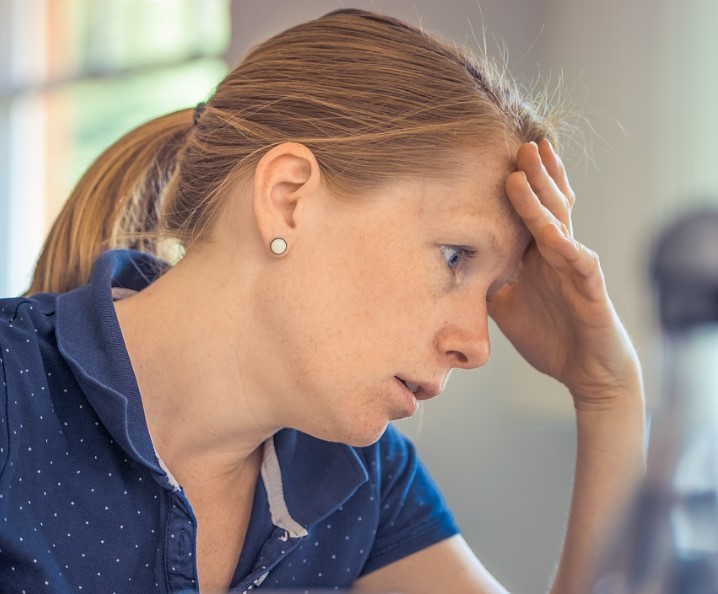
Postpartum or postnatal depression is a type of depressive disorder that occurs in the first months after a baby is born. This period is characterized by the fact that the mother often changes her mood, there are constant tantrums and outbursts of anger or apathy, a constant feeling of guilt.
Here is a rough list of symptoms associated with this condition:
- Irritability;
- Depression;
- Increased anxiety;
- Tantrums;
- Inertia;
- Social isolation;
- Refusal to help;
- Decreased immunity, and as a consequence, frequent illnesses;
- Loss or increased appetite;
- Sleep disturbance;
- Fears for the child;
- Overprotection or indifference to the child;
- Suicidal thoughts.
This type of depression occurs in 15% of women, but only 3-4% seek help. "
These statistics are quite dangerous, since, unfortunately, the advanced stage of postnatal depression can lead to tragic consequences.
Important! At the first manifestations of this condition, it is important to consult a specialist. Self-medication in this case is not the best option.
Unfortunately, many mothers are left alone with their child after arriving from the hospital, and it can be difficult to trace the development of postpartum depression. Relatives, seeing the irritability of a young mother, often brush aside and refer to fatigue and postpartum stress.
However, it is in the first months that it is important to create the safest, most comfortable and calm living conditions for mom and baby. Naturally, you do not need to immediately look for signs of depression in a woman who has just given birth, since they can be confused with banal fatigue, lack of sleep, hormonal changes, or simply a transition to a new role as a mother. But being attentive and offering help is a guarantee of peace in the house and the health of mom and baby.
Stress
All diseases from stress! Everyone knows this saying. And we agree with him. Underestimating the impact of stress factors on the human body is tantamount to self-destruction. Knowing about the harmful effects of stress, we can learn to influence and deal with it.
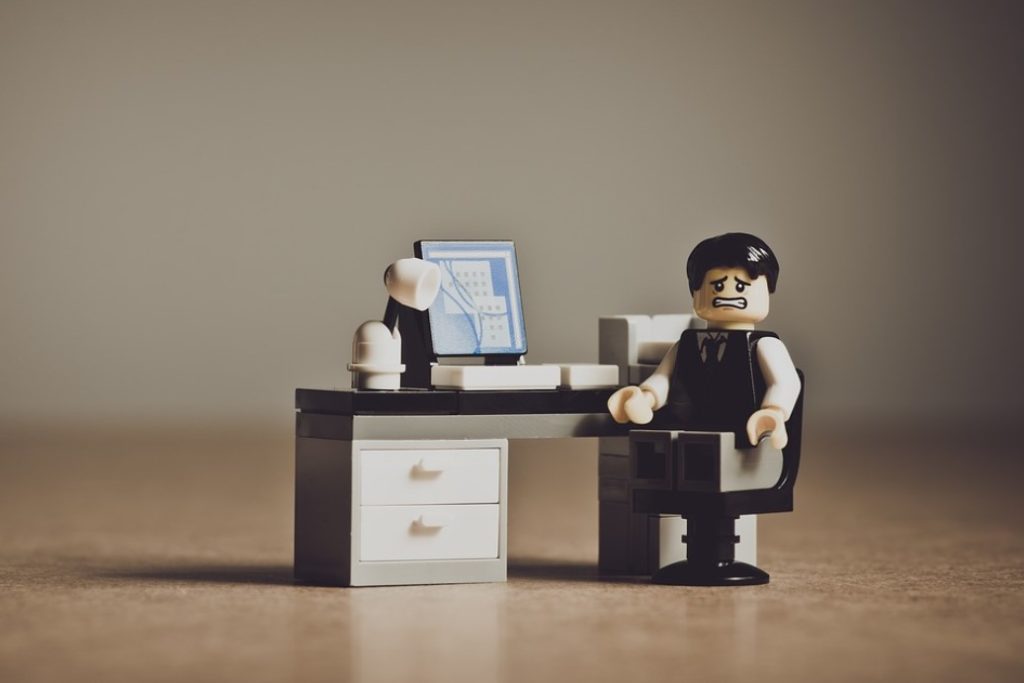
Globally, stress is everywhere. He accompanies us from birth. It occurs with any change in our comfort zone and activity. This can be a reaction to some event, or to internal speculation or even to physical impact (diet, cold, climate change, illness, etc.). Moreover, it can be stress with both negative and positive connotations.
The physiological reaction of the body to stress in the form of a joyful event or a negative one is the same. However, if in the first case, the reaction to stress is the activation of vital energy, then with "negative" stress, the body is destroyed.
When tension occurs (stress factor), the pituitary gland begins to produce the hormone adrenocorticotropin, which stimulates the adrenal glands. Then, the so-called "stress hormones" - adrenaline, cortisol, norepinephrine - come into play. The heart begins to beat faster and blood pressure rises.
By the way, in small doses, stress is even beneficial. He is a trigger for vigorous activity.
If stress occurs constantly, or a person is psychologically weak, prone to experiences, then physiological processes do not return to normal.
Constantly high cortisol levels lead to problems with blood pressure, thyroid, immune and bone systems. The body, being under stress, constantly tries to maintain its energy level, thereby storing fat. Hence the frequent desire to eat something sweet, fatty, starchy and flour. However, there is also the opposite situation with loss of appetite.
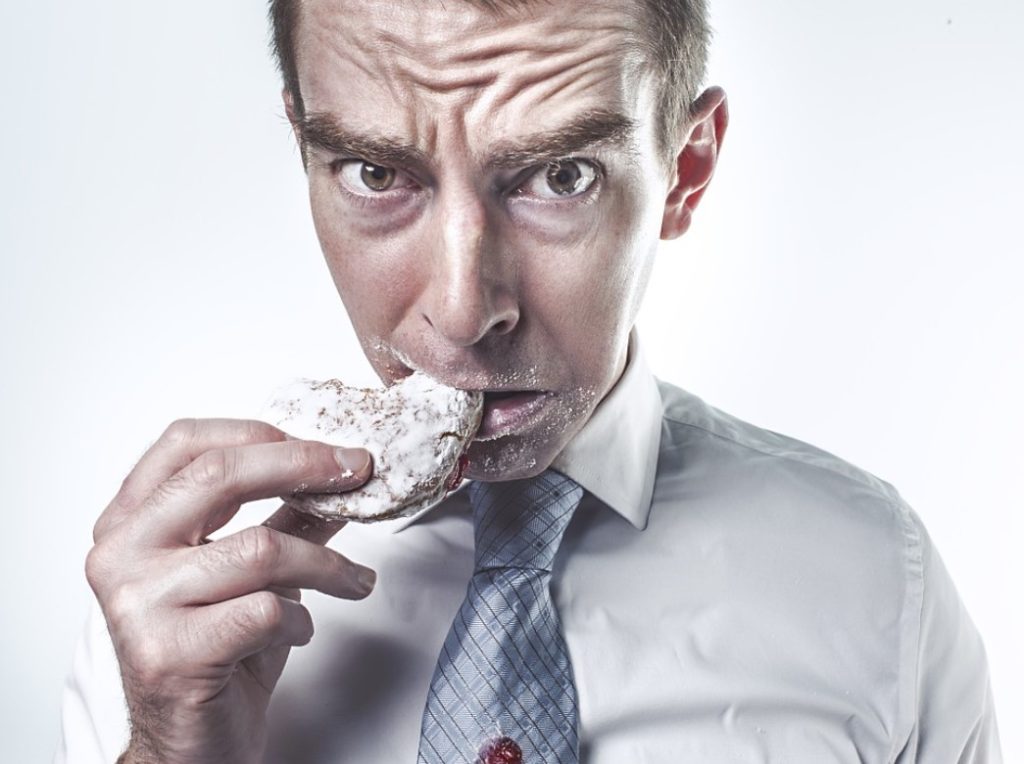
It is logical that it is impossible to exclude unpleasant moments from our life. According to experts in the field of psychology:
The more we try to avoid problems and stressful situations, the weaker and more vulnerable we become.
To become more stress-resistant, you need to manage your emotions, learn restraint, patience and acceptance.
Stages of stress
When should you start treating the effects of stress? And is it possible to strengthen the "anti-stress immunity" in advance?
It is clear that working on yourself and your thinking will help you better deal with negative factors. There is a certain gradation of stages that a person undergoing stress goes through. They were identified by the Hungarian biologist Hans Selye at the beginning of the last century.
- Anxiety stage. During this period, a person may lose self-control against the background of growing anxiety, since the body begins to react to a stressful situation. During the same period, manifestations of some diseases are possible, such as allergies, gastritis, migraines, etc.
- Stage of resistance. This stage appears when stress factors continue to be present in a person's life. However, the body is mobilized and the person is aware of the impact of anxiety. During this period, you can make an adequate decision to deal with stress.
- Exhaustion stage. This stage is characterized by fatigue of the body and psyche due to the fight against stress. At this stage, there is no longer any reserve to mobilize forces. Anxiety and even panic increase, as well as the inability to act independently.
It is believed that in the first two stages it is possible to do without medication, since a person is able to cope with a negative influence on his own, relying on his internal reserves and experience.
In reality, everyone plays out their own scenario of stress response. The fact is that some people are used to frequent anxiety situations, so they seem to be hardened and able to fight on their own. And the listed stages go in a different order, or even one of the options is chosen. There are also people who are highly stressed and cannot cope on their own. They react very hard to the slightest hesitation of anxious feelings.
Long-term stress pressure in an advanced stage can lead to depression.
When to start taking antidepressants
In fact, most of our "depressive" conditions can be cured without medication. Experts recommend first to eliminate the factors that adversely affect our nervous system.
It is likely that if you improve your day and rest, nutrition and stress, your condition will improve.
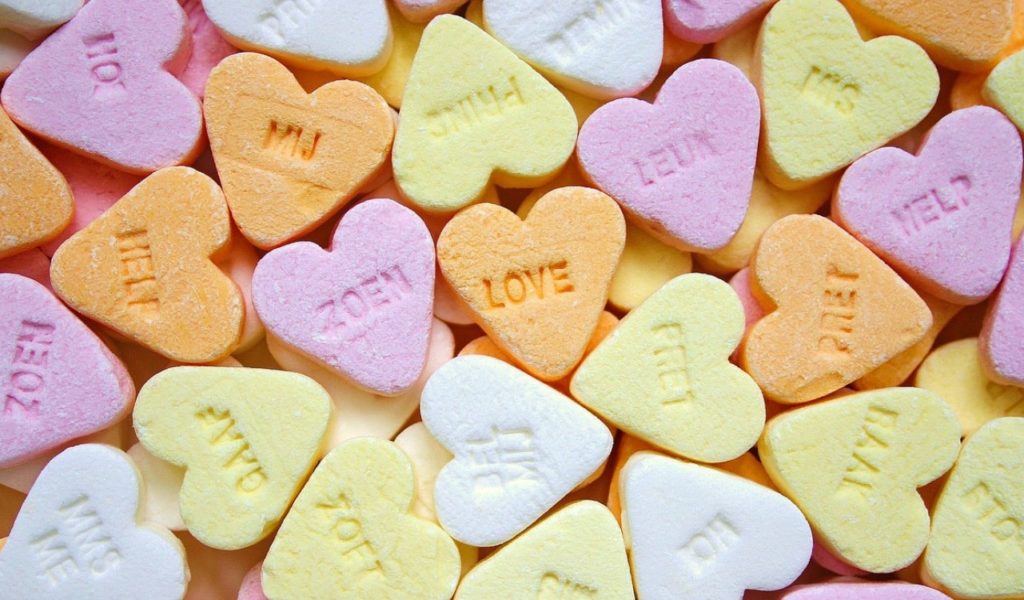
Of course, modern over-the-counter antidepressants are fairly safe and virtually non-addictive. But it should be understood that these are drugs that can cause side effects. Therefore, it is not worth taking them for an insignificant household occasion.
It makes sense to turn to antidepressants when you have completed all possible treatment options without medication, including psychotherapy, and the symptoms of a lingering condition interfere with your normal life.
If you intend to contact medication treatment, then, for example, with planned stress (upcoming session, job change, divorce, reporting period, etc.) or with seasonal blues, we advise you to support your body with such drugs as vitamin complexes and dietary supplements.
Attention! Before buying and taking any medications, we recommend that you consult with your doctor so that you can determine the need and dosage of this or that drug.
Vitamins, dietary supplements
Stress and depression dramatically deplete the nervous system, so it needs help in the form of vitamins and minerals. Usually they are prescribed in complex therapy. However, if the body replenishes all the elements it needs, then in the mild stages of anxiety and blues it will be much easier for it to fight.
The list of trace elements that can be obtained from products or by separate complexes:
• All vitamins of group B (B1, B2, B3, B5, B6, B12);
• Vitamin C;
• Vitamin A (Retinol);
• Vitamin E;
• Omega - 3;
• Magnesium and zinc;
• Vitamin D.
• The amino acid L-tryptophan (required for the synthesis of serotonin, the hormone of happiness)
We strongly recommend that you first take tests for vitamins and trace elements so that the doctor can establish the dosage of a specific drug that is right for you. For example, iHerb.com has a large selection of individual vitamins in various dosages and formulations.
Neuromultivitis
| Name | Neuromultivitis |
| Composition of active substances | Vitamins: B1, B6, B12 |
| Indication | With neurological diseases accompanied by a deficiency of B vitamins. |
| Act | The neurotropic B vitamins have a beneficial effect on inflammatory and degenerative diseases of the nerves and locomotor system. Promotes increased blood flow and improves the functioning of the nervous system. |
| Contraindications | Severe and acute forms of decompensated chronic heart failure; pregnancy; during breastfeeding; children's age (strictly according to the doctor's prescription); hypersensitivity to excipients of the drug. |
| Analogues (generics) | Pentovit, Heupobeks Forte, Kombilipen, Kompligam. |
Vitamin and mineral complex Vitrum Superstress
| Name | Vitamin and mineral complex Unipharm Vitrum (Vitrum) SUPERSTRESS (Superstress) |
| Composition of active substances | Vitamins E, C, B1, B2, B5, B6, folic acid, B12, PP, biotin, iron. |
| Indication | Period of increased mental and physical stress; prevention and treatment of hypovitaminosis and iron deficiency during the recovery period after various diseases, injuries, operations. |
| Act | The pharmacological action is determined by the complex of vitamins that make up the drug. |
| Contraindications | Hypersensitivity to the excipients of the drug. |
| Analogues (generics) | Endur-VM (Endur-VM) |
Doppelherz active Magnesium + Vitamins of group B
| Name | Doppelherz active (Doppelherz aktiv) Magnesium + Vitamins of group B |
| Composition of active substances | Magnesium, vitamins B1, B6, B12, folic acid. |
| Indication | In the complex treatment and prevention of diseases of blood vessels, heart, neurological diseases; recovery period after illness; chronic fatigue; physical and mental stress; unbalanced diet; deficiency or need for nutrients. |
| Act | The pharmacological action is determined by the complex of vitamins that make up the drug. |
| Contraindications | Hypersensitivity to excipients of the drug; the period of pregnancy and lactation. |
| Analogues (generics) | Magnesium B6 |
Magne B6 forte
| Name | Magne B6 forte (Magne B6 forte) |
| Composition of active substances | Magnesium citrate, vitamin B6 |
| Indication | Insomnia; irritability; spasms of the digestive tract; cardiopalmus; muscle spasms and pains; fast fatiguability. |
| Act | To replenish the lack of magnesium in the body and vitamin B6. Regulates neuromuscular transmission and is essential for muscle contraction. |
| Contraindications | Kidney pathology; individual intolerance; galactosemia; lack of lactase; malabsorption syndrome of galactose and glucose; simultaneous therapy with Levodopa; phenylketonuria. Children under 6 years old are strictly prescribed by a doctor. |
| Analogues (generics) | Magnelis, Magnesium, Panangin |
Pentovit
| Name | Pentovit (Pentovitum) |
| Composition of active substances | Nicotinamide, vitamins B6, B1, B12. |
| Indication | Complex therapy of diseases of the peripheral (radiculitis, neuralgia, neuritis) and the central nervous system. |
| Act | Affects the functional state of the central and peripheral nervous system. |
| Contraindications | Pregnancy; individual intolerance to the components of the drug. |
| Analogues (generics) | Neurovitan, Benfolipen, Teravit antistress, Pikovit |
Solgar, Vitamin B Complex, with Vitamin C, Stress Relief Formula
| Name | Solgar, B-complex with vitamin C stress formula |
| Composition of active substances | Vitamins C, B1, B2, B3, B5, B6, B12, folic acid, biotin, choline, inositol. |
| Indication | Support for the nervous system and immunity. |
| Act | The pharmacological action is determined by the complex of vitamins that make up the drug. |
| Contraindications | Pregnancy and lactation - as prescribed by a doctor; individual intolerance to the components of the drug. |
Now Foods, Calcium Magnesium Complex
| Name | Now Foods, Cal-Mag Stress formula with B-complex and vitamin C |
| Composition of active substances | Vitamin C, B1, B2, B3, B5, B6, B12, choline, calcium, magnesium, inositol, para-aminobenzoic acid. |
| Indication | Helps maintain normal adrenaline responsiveness; improves the functioning of the nervous system. |
| Act | Antioxidant properties; the pharmacological action is determined by the complex of vitamins that make up the drug. |
| Contraindications | Pregnancy and lactation, childhood - as prescribed by a doctor; individual intolerance to the components of the drug. |
Now Foods, L-Theanine, Double Strength
| Name | Now Foods, L-theanine stress management, 200 mg |
| Composition of active substances | L-Theanine (an amino acid found in the tea tree), inositol. |
| Indication | Stress management. |
| Act | Has a relaxing effect; strengthens the cardiovascular system? supporting concentration and cognitive ability. |
| Contraindications | Pregnancy and lactation, childhood - as prescribed by a doctor; individual intolerance to the components of the drug. |
Thorne Research, Stress Suppressive B-Complex
| Name | Thorne Research, Stress B-complex |
| Composition of active substances | Vitamins B1, B2, B3, B5, B6, B12, folate, biotin, choline. |
| Indication | For adrenal support and stress management. |
| Act | The pharmacological action is determined by the complex of vitamins that make up the drug. |
| Contraindications | Pregnancy and lactation, childhood - as prescribed by a doctor; individual intolerance to the components of the drug. |
Nootropics and Anxiolytics
Nootropics, or neurometabolic stimulants, are drugs that have a specific effect on the nervous system, they improve cerebral circulation, stimulate mental activity, and increase the brain's resistance to adverse effects.
Quite often, nootropic drugs are prescribed for depression or increased stress loads.
Piracetam
| Name | Piracetam |
| Composition of active substances | Piracetam |
| Indication | Depression; decreased memory; apathy; violations of the emotional and volitional sphere; diseases of the nervous system. |
| Act | Helps improve cognitive performance; has a positive effect on the central nervous system. |
| Contraindications | Renal failure; hemorrhagic stroke; pregnancy, lactation, children under 1 year old - strictly according to the doctor's prescription; chorea of Huntington; hypersensitivity. |
| Analogues (generics) | Nootropil, Lucetam, Memotropil, Escotropil |
Glycine Forte
| Name | Glycine forte |
| Composition of active substances | Glycine |
| Indication | Stressful conditions; psycho-emotional stress; decreased mental performance; lesions of the nervous system, accompanied by increased excitability, emotional instability, decreased mental performance and sleep disturbance. |
| Act | Improves metabolic processes in brain tissues, has a sedative and antidepressant effect; reduces psycho-emotional stress, aggressiveness and conflict; improves social adaptation and mood; facilitates falling asleep and normalizes sleep; increases mental performance. |
| Contraindications | Individual intolerance to the components of the drug. |
| Analogues (generics) | Tenoten, Biotredin, Afobazol, Glycised, Eltacin |
Afobazol
| Name | Afobazol (Afobazol) |
| Composition of active substances | Fabomotizol |
| Indication | Anxiety disorders; neurasthenia; sleep disorders; cardiopsychoneurosis; premenstrual syndrome; stress. |
| Act | Light stimulating effect; anxiolytic action (reduces or eliminates feelings of anxiety); cognitive disorders. |
| Contraindications | Individual intolerance to the components of the drug; lactose intolerance; pregnancy, lactation, children under 18 years old - strictly according to the doctor's prescription. |
| Analogues (generics) | Selank, Mebikar, Lazeya, Adaptol |
Herbal sedatives
Such preparations are mild sedatives based on herbs such as St. John's wort, mint, lemon balm, hops, etc.
The advantage of such funds is that they are not addictive and an overdose will not bring any harm to health.
Novo-passite
| Name | Novo-passit |
| Composition of active substances | Guaifenesin, dry extract from rhizomes with the roots of Valerian officinalis, herb of lemon balm, herb St. |
| Indication | Neurasthenia and neurotic reactions, accompanied by irritability, anxiety, fear, fatigue, distraction; a state of constant mental stress; sleep disturbance; headaches caused by nervous tension; migraine; itchy dermatoses. |
| Act | Sedative and anxiolytic effects. |
| Contraindications | Myasthenia gravis; children under 12 years old strictly according to the doctor's prescription; hypersensitivity to drug components; pregnancy and lactation - strictly according to the doctor's prescription. |
| Analogues (generics) | Persen, Domiplant, Neuronorm, Motherwort Forte |
Persen
| Name | Persen |
| Composition of active substances | Lemon mint, peppermint, valerian. |
| Indication | Increased nervous irritability; irritability; insomnia. |
| Act | Calming and antispasmodic action. |
| Contraindications | Hypersensitivity to components; lactose intolerance; intolerance to fructose; diseases of the biliary tract; pregnancy and lactation, children under 12 years old - strictly according to the doctor's prescription. |
| Analogues (generics) | Novopassit, Sanason, Valerian, Antistress |
Deprim Forte
| Name | Deprim forte |
| Composition of active substances | Dry standardized extract of St. John's wort |
| Indication | Depression; state of anxiety; sleep disorders. |
| Act | Antidepressant, sedative and anxiolytic action; stimulating effect on the digestive tract and blood circulation; general tonic effect. |
| Contraindications | Individual intolerance. |
| Analogues (generics) | Deprim, Gelarium Hypericum, St. John's wort, Doppelgerts Nervotonik |
Natural Ways to Reduce Anxiety
Despite the fact that pharmaceuticals are rapidly growing and developing in the production of antidepressants, natural methods of hardening and treating the body do not lose their popularity.
It may just be a placebo effect, but today people are increasingly turning to ancient methods of dealing with stress, rather than running to the pharmacy. After all, no one argues that meditation, breathing exercises or peppermint tea do not help.
We offer you options for natural and affordable ways to deal with stress and depression.
Nutrition
No matter how trite it may sound, but it is proper nutrition that shapes our response to stressors. When blood glucose levels drop, a person begins to feel a sense of anxiety. Therefore, food should be according to the regime, varied, nutritious and, ideally, "live".

It has been a long-known fact that cooking food makes it highly digestible, but heavier and less nutritious. Therefore, add as many raw vegetables, fruits and nuts to your diet as possible.
Physical activity and mental health practices
After exercise, the electrical activity of the muscles decreases, leading to a feeling of calmness.
Exercise reduces tension. Many people note a feeling of euphoria after exercise - for this one can thank the neurotransmitters developed, including endorphins.
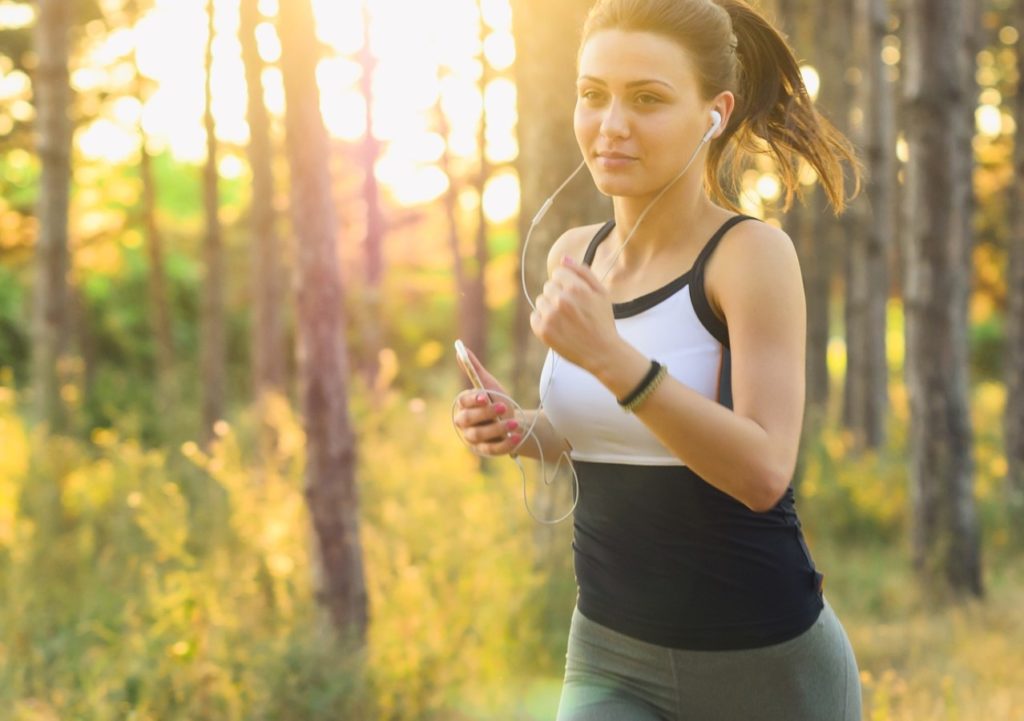
Dancing is a great alternative to sports. Now you can start dancing at any age, no one will judge you. In addition to a great cardio workout, you will receive incredible energy support, increase your self-esteem and sexuality.
By the way, according to recent studies, there are many long-livers among those who dance the salsa dance.
Also note that with regular exercise, stress levels decrease due to increased self-esteem. A completed workout or even a 20 minute jog in the park will boost your mood and confidence.
If it is too difficult for you to force yourself to engage in classical sports activities, then various so-called spiritual and health-improving practices, such as yoga, qigong gymnastics, tai chi, etc., are suitable.
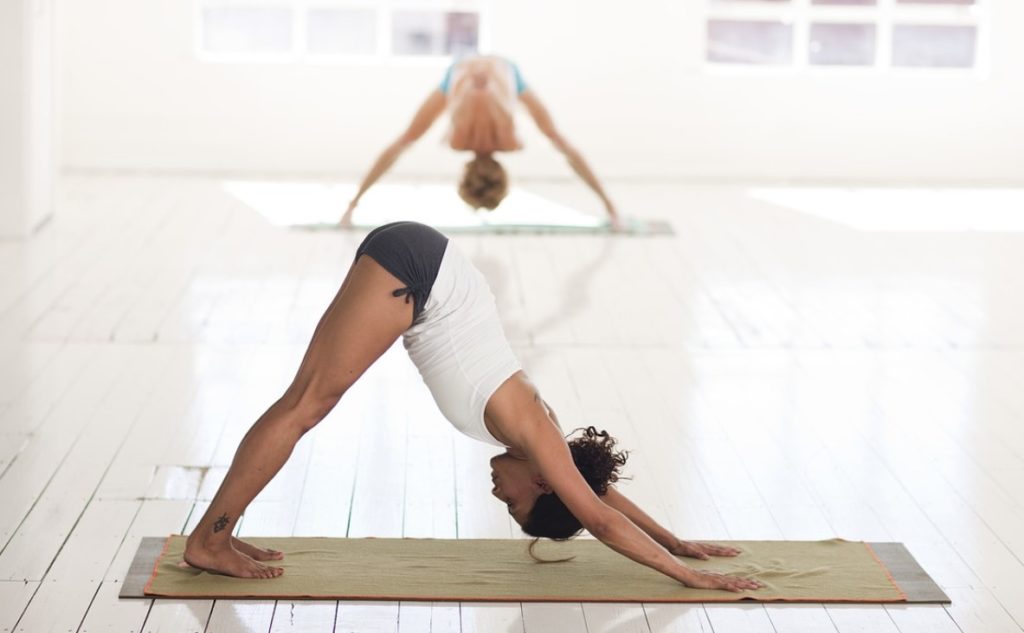
Thanks to breathing exercises and balancing of the inner corset, to which the exercises are directed, for example, the same yoga, oxygen supply to the brain is improved.
In combination with a light diet and spiritual-mental practice, the state of stress is significantly reduced. The body's resistance increases.
Important! If you want to get rid of stress or depression through sports, do what you like. The main thing is that such activity motivates you and brings you pleasure.
Phytotherapy
You are nervous, and you are offered tea. Don't refuse! It is advisable that it be an herbal drink. Herbal teas, soothing, relaxing and "sleepy", work wonders.
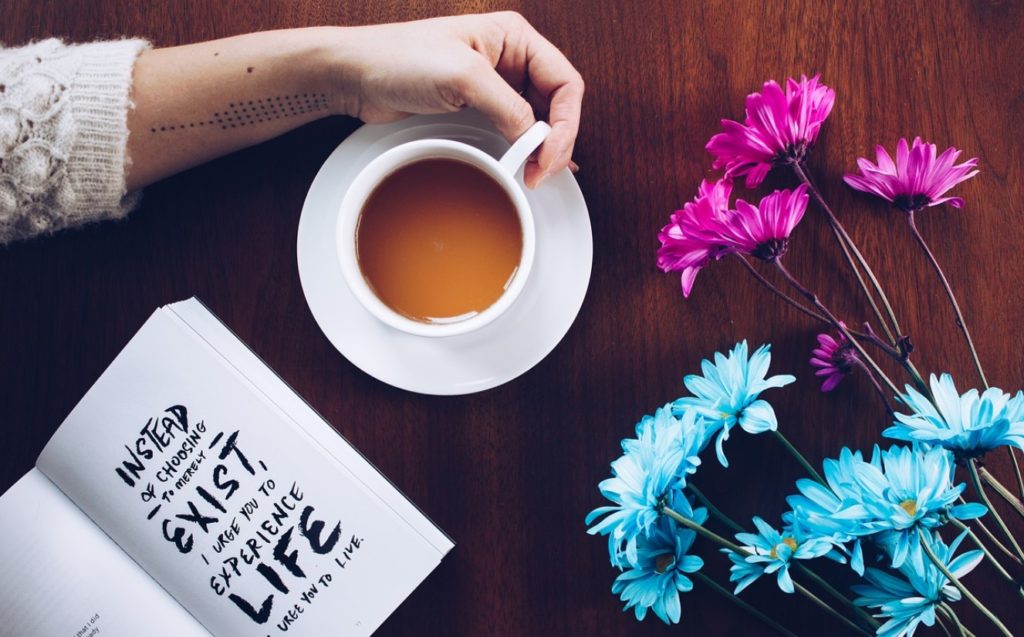
Today there are a large number of ready-made herbal preparations with a sedative effect. You can also cook them yourself. If you want to calm down, relax, normalize the nervous system, then look for the following herbs in the compositions:
- Valerian officinalis;
- Motherwort;
- Pharmaceutical camomile;
- Mint;
- St. John's wort;
- Linden;
- Green tea;
- Hop.
You can make such a "magic" drink like this: brew dry herbs in the proportions indicated on the package, preferably in a thermos, let it brew and strain. Take the resulting infusion warm. If the tea seems bitter, then you can add a little natural honey or syrup.
By the way, in addition to the herbal infusion, you can add a little lavender, hop cones or caraway seeds. These components have a beneficial effect on the central nervous system and relieve anxiety.
Essential oils
Aromatherapy is often offered as a treatment for various ailments. And you shouldn't discount this “invisible guest”.
The effect of ethers on the human body has been scientifically proven. Many studies show and confirm that fragrances act on certain neuroreceptors, which trigger the same biochemical reactions as some antidepressant medications.
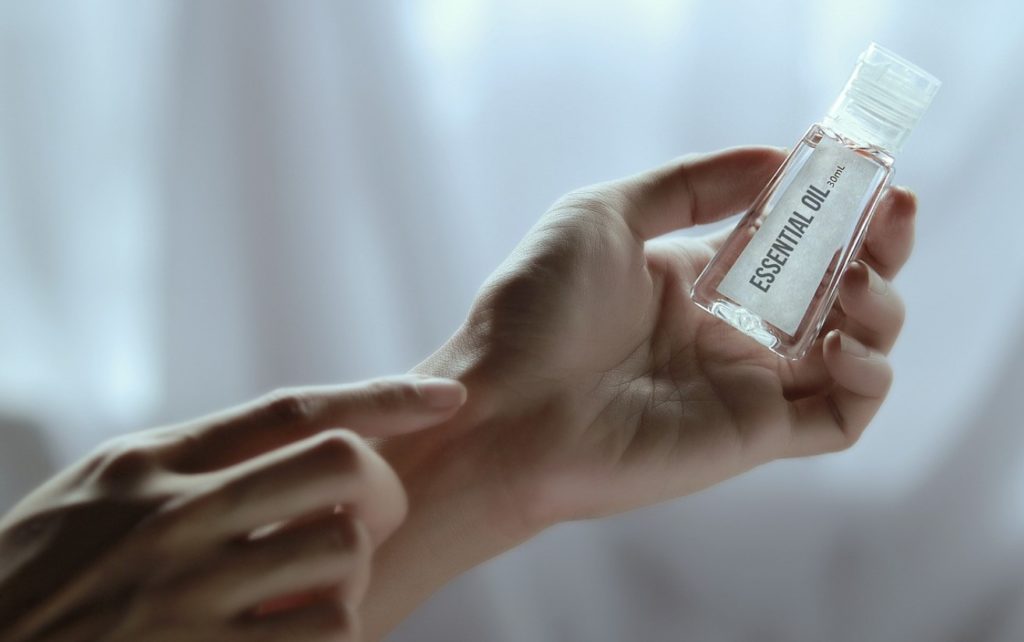
If you want to cheer up and get rid of apathy, try this recipe for the mixture:
| Essential oil | Number of drops |
|---|---|
| Lemon | 4 |
| Rosemary | 2 |
| Lavender | 2 |
| Ylang-Ylang | 2 |
If you do not need an invigorating effect, but a more relaxing one, then you can use the following formula:
| Essential oil | Number of drops |
|---|---|
| Lavender | 4 |
| Lemon | 3 |
| Ylang-Ylang | 2 |
These mixtures can be used as follows:
- Aroma lamp or diffuser. Based on the area of the room, use 1-2 drops per 5 sq. m.
- Personal inhaler.It is very convenient to be able to hear the saving scent during the day. 10-12 drops are enough for one pencil case.
- Massage.The mixture is diluted in base oil in a ratio of 2-3 drops per 5 ml of oil. Can be applied all over the body. It is also very effective to massage the feet with this oil.
- Dotted. Essential oils act as much as possible on the pulsating zones of the body, so you can apply the mixture to the wrist, neck and jugular cavity (to find the jugular fossa, you need to tilt your head strongly - the chin will rest against it).We also dilute essential oils in the base oil in a ratio of 5 drops per 5 ml of oil.
Meditation
Today there is a boom in meditation practices. Popular publications write about this, doctors and coach coaches advise her.
And not surprising, because the history of meditation is more than 3000 years old. Originally, meditation was and remains a spiritual tool. It was created to clear the mind and help a person achieve inner enlightenment within the framework of understanding the religion of the ancestor.
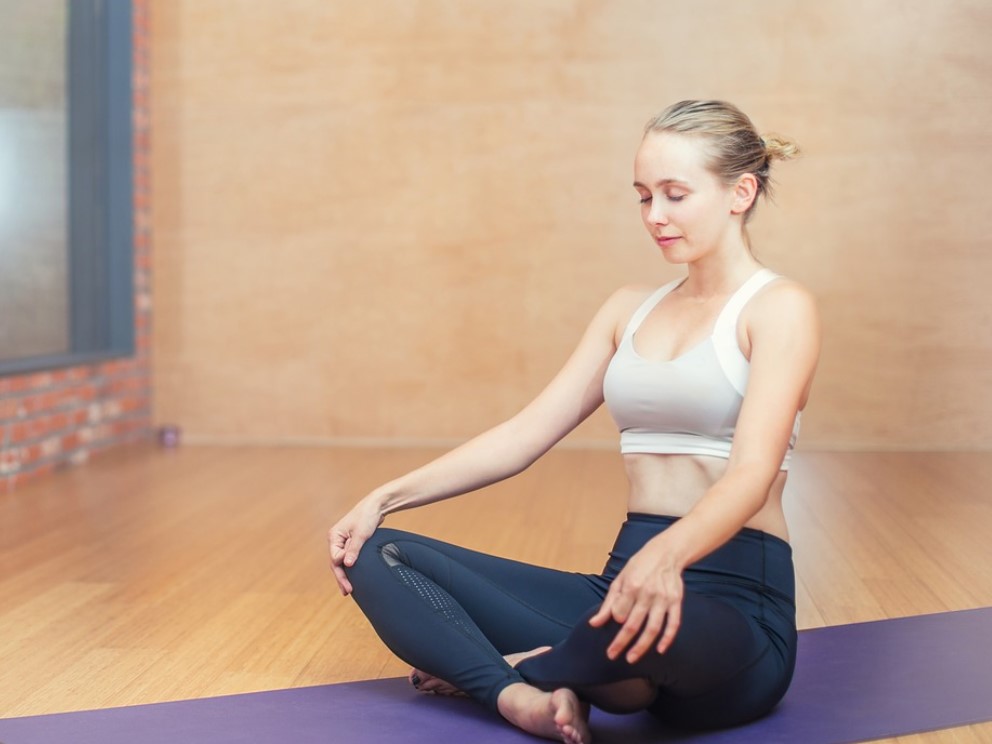
However, in the modern world in meditation, people are looking for exactly the way to relieve stress, relax, disconnect from external irritating factors.
We see nothing wrong with practicing meditation. Experts studying the effects of meditation on the human body have come to interesting conclusions. In people (constantly practicing), in the process of meditation, neural activity in the centers responsible for the emotional response to happiness increased by 700-800%.
From the point of view of brain physiology, meditation allows you to process less information and gives you the opportunity to rest. The rhythm of activity decreases and the brain recovers.
Scientists conducted a brain study after half an hour of meditation and found that activity in some parts of the brain had faded. These were the areas that are responsible for planning and decision-making, sensing, sensory organs and lobes that activate the brain's readiness to work.
Interestingly, it was the decrease in activity and rest that allowed the brain to start processing information related to the inner "I", and not to the outside world.
How to start meditating?
We advise you to practice with at least 5 minutes of silence a day. It's hard to learn, but you can. Constantly practicing meditation manage to do this even at rush hour in transport.
The easiest place to start is in a secluded place, in a comfortable position (preferably sitting). You can play meditative music, use headphones or earplugs.
The easiest way to begin to enter a meditative state is to concentrate on the breath. For example, in the book "Silence" (Tit Nat Khan), a simple technique is proposed to organize and take a break from the swarm of thoughts in the head during meditation. On the INLET, accept and represent the thought, on the EXHALATION, release it. You can even voice it with your inner voice. The easiest way is to let go of a thought by visualization (for example, it melts, dissolves, etc.)
The further you accept and release thoughts, the less and less they "climb" into your head.
Contraindications to meditation! Depression, schizophrenia, bipolar disorder, or other serious mental illness. It is necessary to consult with specialists.
Skin contact
The quickest and easiest way to get a dose of peace is hugs.

This is truly a healing action. We are close to this way of getting pleasant emotions from birth, and it is this that we miss when we are alone.
In case of physical contact, the body releases oxytocin, a pleasure hormone. More recently, studies have appeared where it has been found that the frequent release of this hormone "hardens" the nervous system.
For example, if you often hug your child, he will be less prone to depression as an adult.
Often, when a person has a blues, depression or severe stress, then he wants to be alone, he begins to distance himself from society.
The persistent desire of others to talk and get into the soul can only make it worse. Therefore, the easiest way to support is a hug.
Many spiritual practices, such as tantra, offer the practice of hugging as an exchange of energies and achieving a state of calm and balance.
A great alternative to hugs with humans is hugs with animals. If you are not allergic, then this kind of body contact can give you a huge release of "happy" hormones. Animals will give you genuine love as well as motivation for life.

Finally
Before you diagnose yourself with depression or run to the pharmacy for a stress-relieving drug, it's important to use your inner resources to deal with negativity.
Calmness is the greatest manifestation of strength.
Here are the simplest guidelines for anti-stress hardening:
- organizing a balance between work and rest;
- physical activity;
- hobbies and interests (very often it is a hobby that helps to survive difficult situations in life);
- philosophical attitude to stress (ask yourself the question: "Will it be important in a week, month, year?");
- positive thinking (pay attention to good news, communicate with positive people, practice forgiveness and gratitude);
- we replenish our body with the necessary vitamins and microelements.
If your body reacts too hard to what is happening around, if your quality of life deteriorates because of this, then you need the help of a specialist. And it is he who is competent to prescribe antidepressants for you. Self-medication in this case can only aggravate the situation.
The editors of the site "bestx.htgetrid.com/en/" wish you strong nerves and good mood!
How do you deal with depression and stress? Share your ways in the comments.




